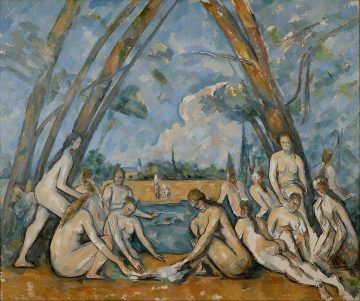Kieran Setiya in Public Books:
 It is hard work to write a book, so there is unavoidable irony in fashioning a volume on the value of being idle. There is a paradox, too: to praise idleness is to suggest that there is some point to it, that wasting time is not a waste of time. Paradox infuses the experience of being idle. Rapturous relaxation can be difficult to distinguish from melancholy. When the academic year comes to an end, I find myself sprawled on the couch, re-watching old episodes of British comedy panel shows on a loop. I cannot tell if I am depressed or taking an indulgent break. As Samuel Johnson wrote: “Every man is, or hopes to be, an Idler.” As he also wrote: “There are … miseries in idleness, which the Idler only can conceive.”
It is hard work to write a book, so there is unavoidable irony in fashioning a volume on the value of being idle. There is a paradox, too: to praise idleness is to suggest that there is some point to it, that wasting time is not a waste of time. Paradox infuses the experience of being idle. Rapturous relaxation can be difficult to distinguish from melancholy. When the academic year comes to an end, I find myself sprawled on the couch, re-watching old episodes of British comedy panel shows on a loop. I cannot tell if I am depressed or taking an indulgent break. As Samuel Johnson wrote: “Every man is, or hopes to be, an Idler.” As he also wrote: “There are … miseries in idleness, which the Idler only can conceive.”
This year brings three new books in praise of wasting time: a manifesto by MIT professor Alan Lightman; a critical history by philosopher Brian O’Connor; and a memoir by essayist Patricia Hampl. Each author finds a way to write in the spirit of idleness. Yet none of them quite resolves our double vision. Even as they bring its value into focus, they never shake a shadow image of the shame in being idle.
Why idleness now? Because we are too busy, too frantic; because of the felt acceleration of time. Lightman supplies a measure. “Throughout history,” he writes, “the pace of life has always been fueled by the speed of communication.”
More here.
